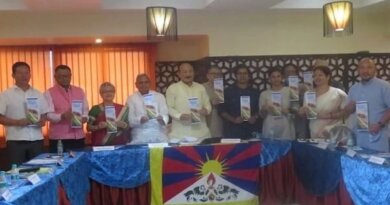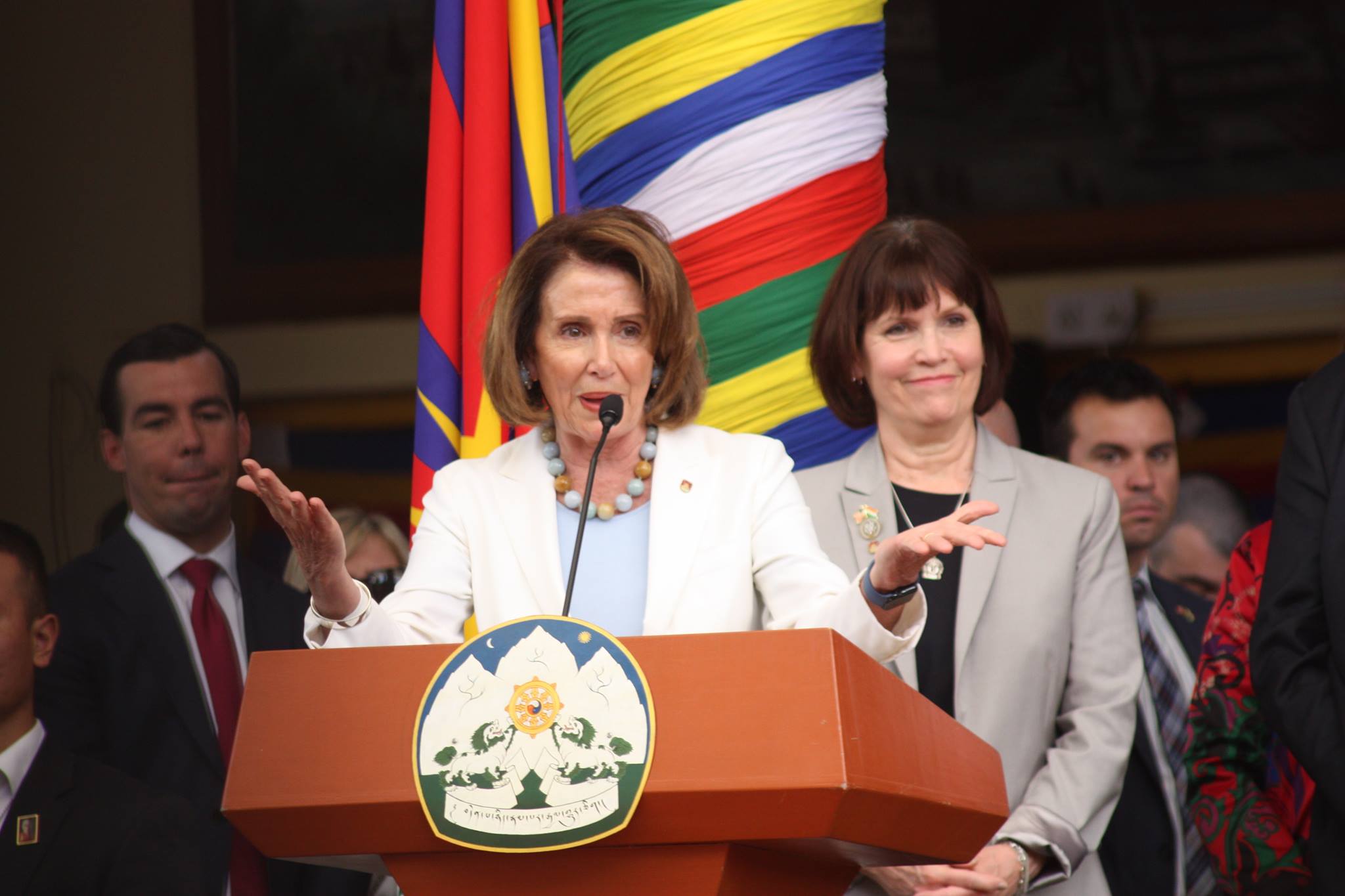China Secures 6th Term on UNHRC Amid Criticisms: CTA and Rights Group Raise Concerns
By Tsering Choephel

DHARAMSALA, 12 Oct: The spokesperson of the Central Tibetan Administration (CTA), Tenzin Lekshay, expressed dismay at China’s re-election as a member of the UN Human Rights Council (UNHRC) during the UN General Assembly on 10 October. Lekshay, in a statement on X (formerly known as Twitter), questioned China’s suitability for the position, asking, “How can a Human Rights Violator be a Human Rights Defender?”
Despite campaign efforts by various rights groups, including Human Rights Watch (HRW), China successfully secured its sixth term in the 47-member council for a three-year term on Tuesday.
On October 5, the New York-based rights group HRW urged UN member countries to reject China and Russia as members of the UN Human Rights Council (UNHRC). Louis Charbonneau, the UN director at Human Rights Watch, said, “Every day, Russia and China commit significant abuses, emphasizing why they should not hold seats on the UN Human Rights Council.”
Furthermore, the International Campaign for Tibet (ICT), along with over 143 other Tibetan organisations, sent a collective letter to the foreign ministers of UN member states in September. They urged the ministers to vote against China’s candidacy for the UNHRC.
Kai Mueller, head of the International Campaign for Tibet’s UN Advocacy Team, emphasised, “The Chinese government must be held accountable for the human rights violations it has committed, and not rewarded with a seat on the Human Rights Council. It is also about the credibility of the UN Human Rights Council.”
Despite these campaigns, China yet again secured a seat in the council uncontested.
Mueller described China’s reelection as “a serious blow to the credibility of the council,” emphasising that it disregards Beijing’s abysmal human rights record. He added that with China having received the lowest votes in the Asia-Pacific group, “the Human Rights Council and its member states must now invest additional efforts to hold Beijing accountable, particularly during the upcoming review of China at the Human Rights Council next January.”
China’s success in securing successive membership in the Human Rights Council highlights its influencing prowess in gaining acquiescence from many member states, especially from developing countries tied to China through economic dependencies such as China’s Belt and Road Initiatives.
However, it is noteworthy that China secured the least votes among the four nations vying for four seats from the Asia-Pacific region. Some had suggested earlier to member states to keep the fourth seat blank instead of voting for China.
A report by Foreign Policy last year highlighted the failure of a 2022 resolution addressing China’s massive violations of human rights in East Turkestan (Xinjiang) due to a shortage of votes. This failure not only “stands as an indictment of the council itself – and the human rights system it purports to anchor” but also “demonstrates the deep success of China’s decades-long project to rewire the normative framework of international human rights and replace it with the idea that human rights are negotiable and subject to the prerogatives of states.”
The report urged concerned countries to use “every opportunity they have to highlight the grave dangers posed by China’s authoritarian approach to human rights and the U.N. system.”
To ensure equitable geographical distribution, UN Human Rights Council member seats are distributed among regional groups of States as follows: Africa (13), Asia-Pacific (13), Eastern European (6), Latin American and Caribbean (8) and Western European and others (7), totalling 47 members.
The selected members will serve on the UNHRC for three years, beginning January 1, 2024






